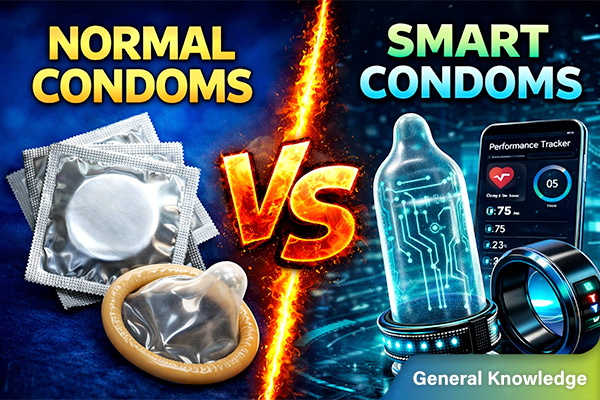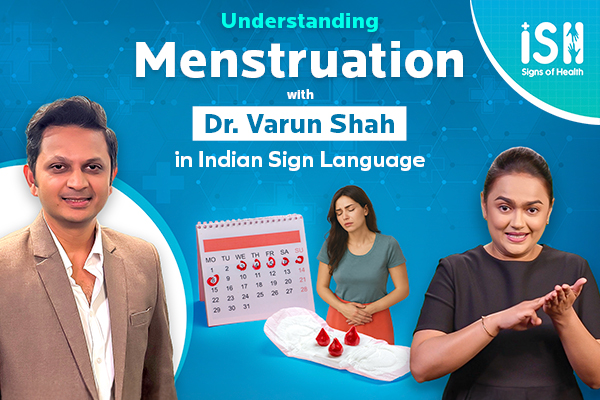Things to Consider When Buying an Air Purifier
Choosing the right air purifier involves considering factors like CADR, room size, filter type, noise level, and energy efficiency to ensure clean and healthy air at home.
With air pollution growing in major cities like Delhi and other metropolitan areas in India, the need for air purifiers is increasing. Many people are turning to air purifiers to ensure they breathe clean and healthy air. But, with so many options available, how do you choose the right one? Air purifiers can be expensive, so it’s important to make the right decision. Here are some key factors to consider when buying an air purifier.
1. Clean Air Delivery Rate (CADR)
The Clean Air Delivery Rate (CADR) measures how much filtered air an air purifier can deliver per hour. A higher CADR means that the air purifier can clean the air faster and is more effective in removing dust, bacteria, and other impurities. A higher CADR is especially important if you need to purify air in a larger room.
2. Air Changes per Hour (ACH)
Air Changes per Hour (ACH) indicates how many times an air purifier can recycle the air in a room in one hour. A higher ACH rating means that the air purifier works more efficiently. If the ACH is higher, the air purifier will clean the room's air more frequently, making the air fresher and cleaner.
3. Room Size
Air purifiers come in different sizes, and it’s important to choose one that matches the size of your room. If the purifier is too small, it won’t clean the air effectively. On the other hand, if it’s too large for the room, it might be a waste of money and electricity. Always check the recommended room size mentioned on the product before making a choice.
4. Filter Type & Replacement Frequency
The type of filter in an air purifier plays a big role in its efficiency. There are two main types of filters to look for:
- HEPA Filters: High-Efficiency Particulate Air (HEPA) filters are the best for trapping small particles like dust, allergens, and pollen. They help in reducing asthma and allergy symptoms. These filters generally need to be replaced every 6-12 months.
- Activated Carbon Filters: These filters are good at removing gases, odors, and volatile organic compounds (VOCs) from the air. They should be replaced every 3 months.
It’s important to regularly replace filters to ensure that your air purifier continues to work properly.
5. Noise Level
Noise is another important factor to consider. A good air purifier should operate quietly, as loud noise can be very disturbing. If the air purifier makes too much noise, it could indicate low quality. Noise levels will vary based on the fan speed, so choose an air purifier that doesn’t disrupt your daily life.
6. Air Quality Monitoring
Some air purifiers come with an Air Quality Monitoring System (AQMS). This feature helps you track improvements in the air quality over time. Advanced air purifiers with AQMS can even suggest the best settings based on the room temperature, weather, and the Air Quality Index (AQI). This feature makes it easier to maintain optimal air quality in your home.
7. Energy Efficiency
Air purifiers can consume a lot of electricity, so it’s essential to look for one that is energy-efficient. Check the energy star ratings on the product to ensure that it uses less electricity. Choosing an energy-efficient model can save you money on your electricity bills in the long run.
8. Design & Portability
The design of the air purifier is important not just for looks but also for its functionality. A compact and stylish air purifier can blend well with your home’s interior and should not take up too much space. It’s also helpful if the purifier is easy to move around so you can place it wherever you need it.
9. Price, Warranty, and After-Sales Service
Air purifiers are an investment, so it’s important to consider not just the purchase cost, but also ongoing expenses like filter replacement and electricity bills. Look for a balance between affordability and quality. Check if the brand offers a warranty (usually one year) and after-sales service. Some brands may offer extended warranties or good customer support, which can be helpful if you face any issues with your air purifier.
Choosing the right air purifier involves more than just picking the most expensive model. Consider factors like CADR, ACH, room size, filter type, noise level, and energy efficiency. By carefully considering these factors, you can buy an air purifier that suits your needs and ensures you breathe cleaner, healthier air at home.
Are you planning to buy an air purifier for your home? Let us know in the comments!







